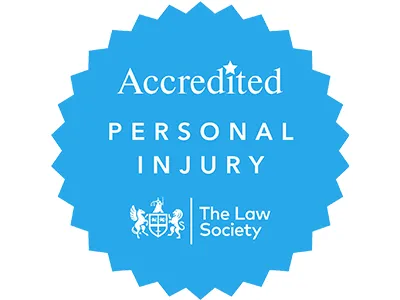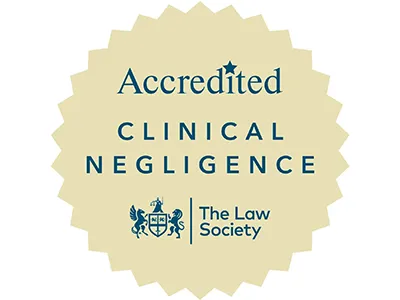Common Misconceptions: Addressing Myths Around Civil Claims for Sexual Assault Survivors
When you’ve experienced sexual assault, seeking justice can feel overwhelming. Many survivors believe myths about civil claims, such as needing a criminal conviction first or proving their case “beyond reasonable doubt.” These misconceptions often prevent people from accessing the support and compensation they deserve. At Ison Harrison, we want to clarify the facts and reassure survivors that legal options exist, even when the criminal process feels daunting.
Myth 1: “You can only claim if there’s a criminal conviction.”
Reality: Civil claims are completely separate from criminal proceedings. You do not need a conviction to bring a civil claim. The civil process focuses on compensation for harm caused, not punishment. Even if the police investigation didn’t lead to charges, you may still have a strong civil case.
Myth 2: “You must prove your case beyond reasonable doubt.”
Reality: In civil law, the standard of proof is lower than in criminal cases. Instead of “beyond reasonable doubt,” you only need to show that it is more likely than not that the assault occurred. This difference means many survivors succeed in civil claims even where criminal cases fail.
Myth 3: “Making a claim will be traumatic and public.”
Reality: At Ison Harrison, we prioritise your privacy and wellbeing. Most civil claims are handled sensitively and discreetly. We work to minimise stress and ensure you feel supported throughout the process.
Myth 4, “You must start a claim straight away or it will be too late.”
Reality: Limitation rules do apply, but the court has discretion to allow claims to proceed outside the usual time limits in sexual assault cases. Survivors often delay coming forward due to trauma, fear or lack of support. These reasons are understood, and late claims can and do succeed. We can assess this carefully and explain how the limitation rules apply to your circumstances.
Myth 5, “You will have to confront the perpetrator directly.”
Reality: In civil cases, survivors very rarely encounter the perpetrator. Communication takes place between solicitors, and any hearing is managed carefully by the court. We ensure that you are protected from unnecessary contact.
Myth 6, “If the perpetrator has no money, there is no point making a claim.”
Reality: Compensation may come from employers, institutions, or insurers depending on the circumstances. Claims involving schools, the armed forces, workplaces, charities or other organisations often proceed on this basis. You may also have access to Criminal Injuries Compensation Authority support in parallel, and we can guide you on how the two processes interact.
Myth 7, “Civil claims are about revenge rather than recovery.”
Reality: A civil claim is about acknowledging the harm you have suffered and securing the resources you need to rebuild. Compensation can cover therapy, medical treatment, loss of earnings and future care needs. It is a practical step towards recovery, not an act of retaliation.
How the Civil Claims Process Works
- Initial Consultation: We listen to your story and explain your options in plain English. No jargon, no legal speak, just the information you need.
- Evidence Gathering: This may include medical records, witness statements, or other documentation.
- Negotiation or Court Proceedings: Many cases settle without going to court, but if needed, we’ll represent you robustly and diligently.
- Compensation: A successful claim can provide financial support for therapy, lost earnings, and other needs.
Why Choose Ison Harrison?
We have decades of experience handling sensitive cases with compassion and expertise. Our team understands the emotional impact of sexual assault and will guide you through every step with care and respect.
Call to Action
If you’ve experienced sexual assault and want to understand your legal options, you are not alone. Contact our specialist team today for a confidential discussion.
- Call us on 0113 284 5000
- Email [email protected]







